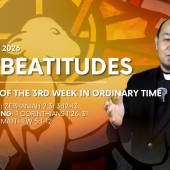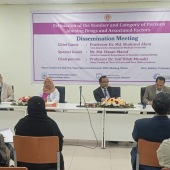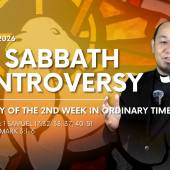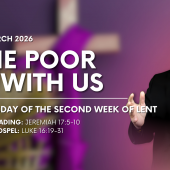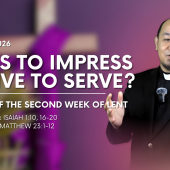Greed and Avarice Drive Us Away from God!
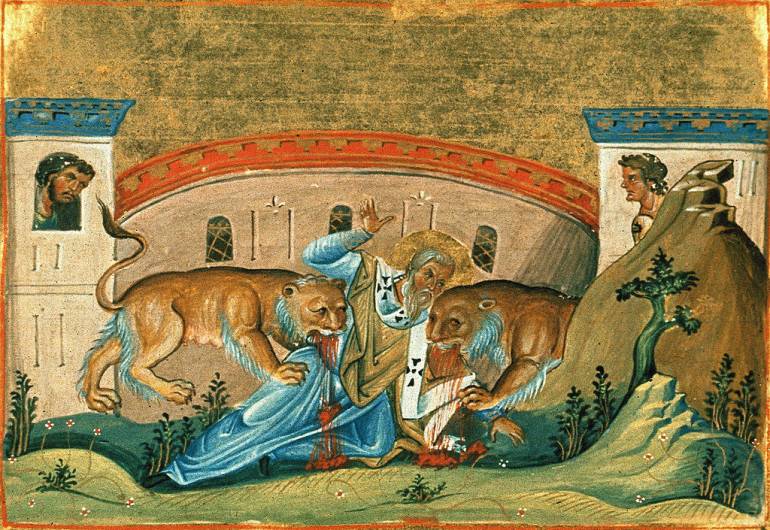
October 17, Monday, 29th Week in Ordinary Time
St. Ignatius of Antioch, Bishop & Martyr
Daily Readings: Ephesians 2:1-10 & Luke 12:13-21
The gospel cautions against avarice and undue attachment to wealth. Jesus does not condemn the possession of wealth in itself, but avarice and self-centeredness make one thoughtless about the needs of the poor. The story of the rich young man who wanted to follow Jesus reveals how his attachment to wealth made him develop cold feet in the pursuit of becoming a disciple. One cannot serve two masters—God and mammon, or wealth.
The man with a rich harvest plans to build a big barn and store the grain for comfort. A careful reading of the story will show how the man was self-possessed because he uses the word “I” many times. He is full of himself. There is no place for God or others in his life. He fails to recognize that his rich harvest is a gift from God. He is too preoccupied with his comfort, future, and leisurely life.
Then Jesus uses the word ‘fool’ to describe him. In the Bible, the fool is the one who does not acknowledge God or instead denies his very existence. “The fool says in his heart there is no God.”
Where do we stand in our relationship with God and our neighbors? What are our life's priorities—do we give first place to God or material comfort and wealth? What is our relationship with the people around us who are hungry, sick, and poor, people who need our acts of compassion and care?
Jesus is inviting us to orient our lives in a way that we organize our priorities properly and make our lives more God-centered and focused on his people, especially our brothers and sisters in need. In short, it is a call not to live for ourselves but others.
Are we too obsessed with our future, well-being, and comfort that we fail to recognize God's hand leading us?
Radio Veritas Asia (RVA), a media platform of the Catholic Church, aims to share Christ. RVA started in 1969 as a continental Catholic radio station to serve Asian countries in their respective local language, thus earning the tag “the Voice of Asian Christianity.” Responding to the emerging context, RVA embraced media platforms to connect with the global Asian audience via its 21 language websites and various social media platforms.









